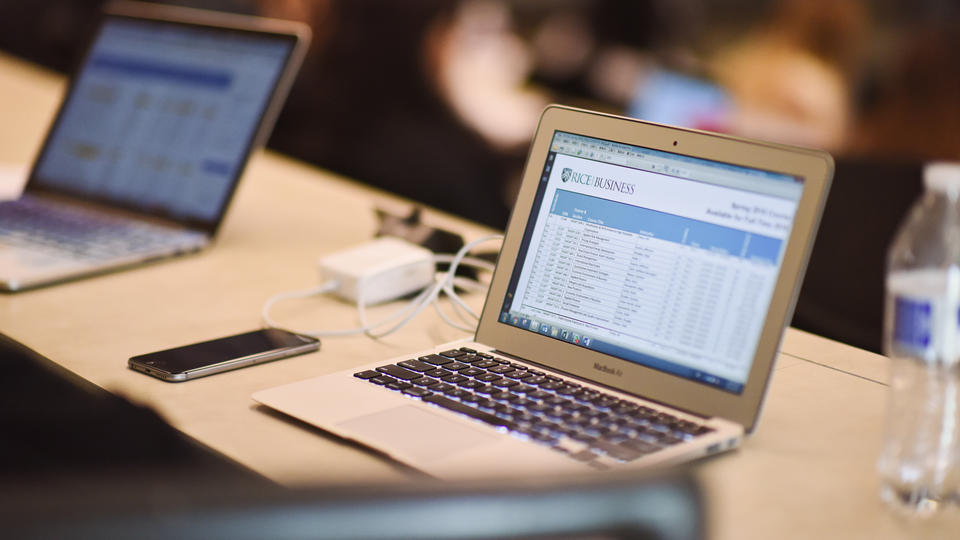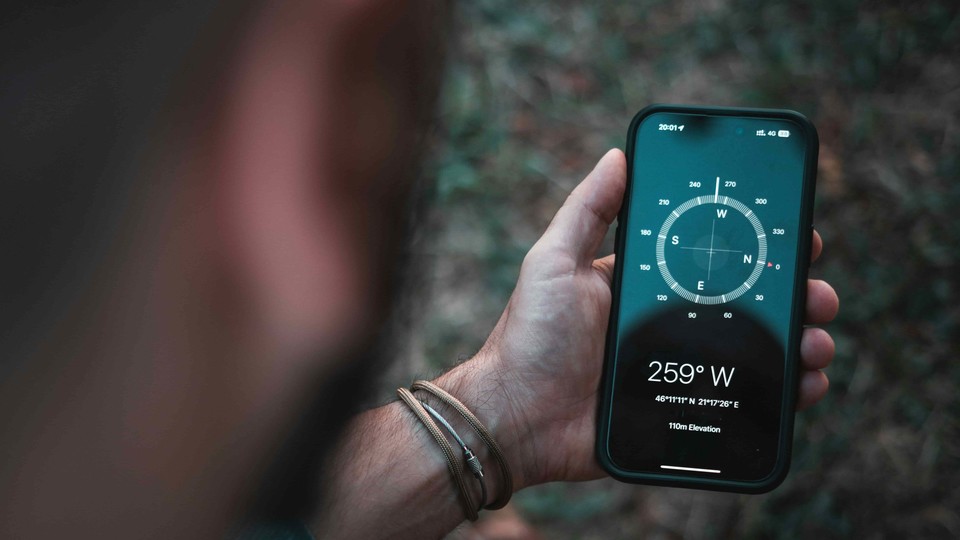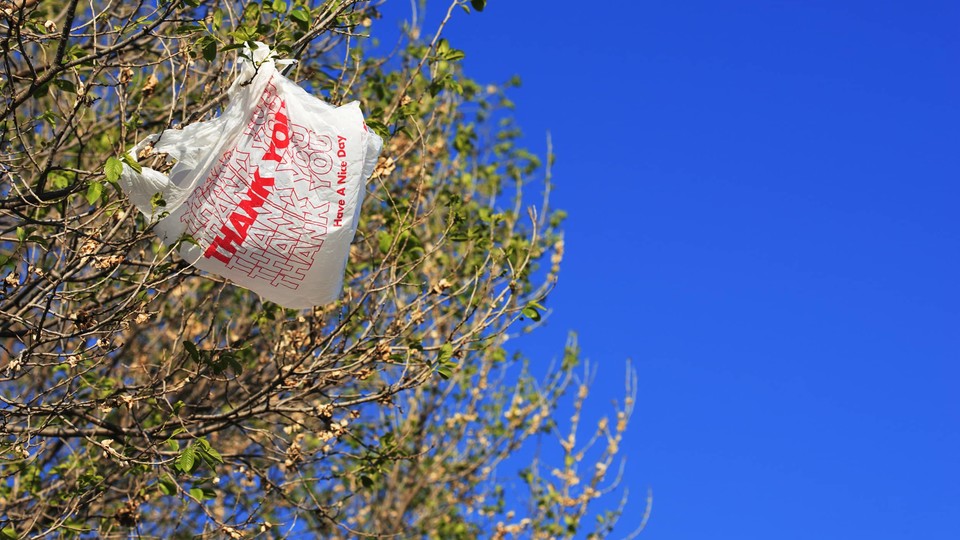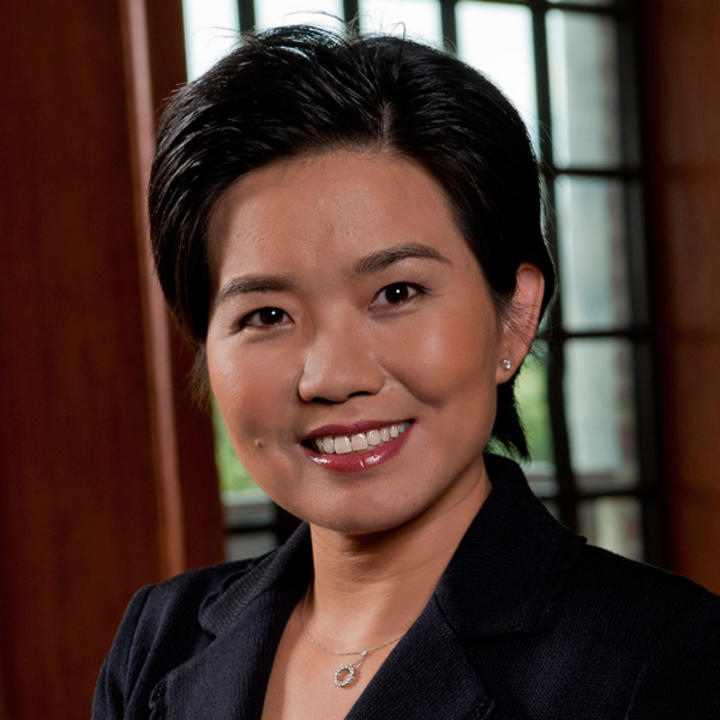The Rice Report: Recruiting Lessons Learned From Our New Virtual Reality
"In classes, we learn about companies that adapt to change, stay agile, and move with the times. That is what we did: we adapted, we switched to online learning platforms, we connected digitally, and we grew."
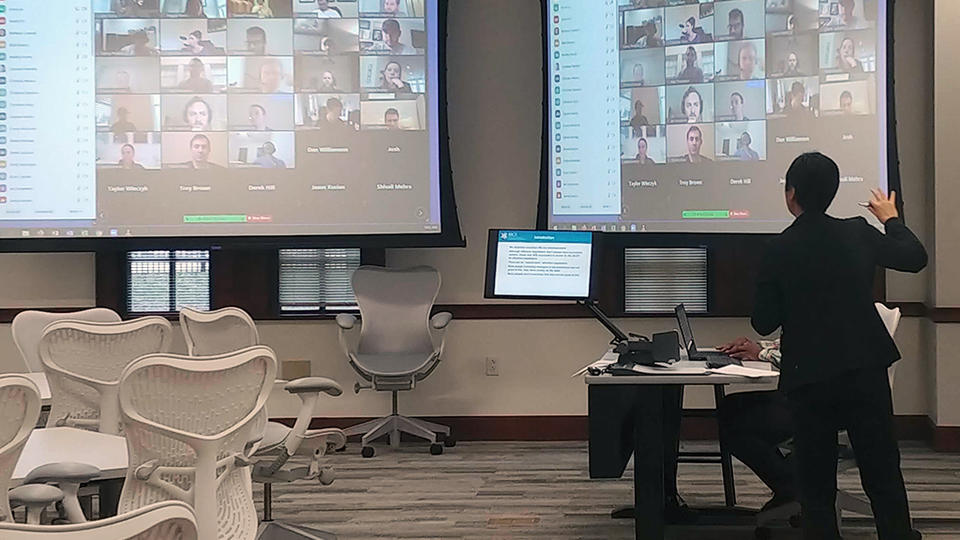
Massive Jump In Apps, Enrollment For The Rice Jones MBA
Even as most of the rest of the U.S. top 25 full-time B-schools were shedding MBA app volume in the 2018-2019 cycle, the Jones Graduate School of Business was bucking the national trend, reporting not only increased applications but a falling acceptance rate, too.
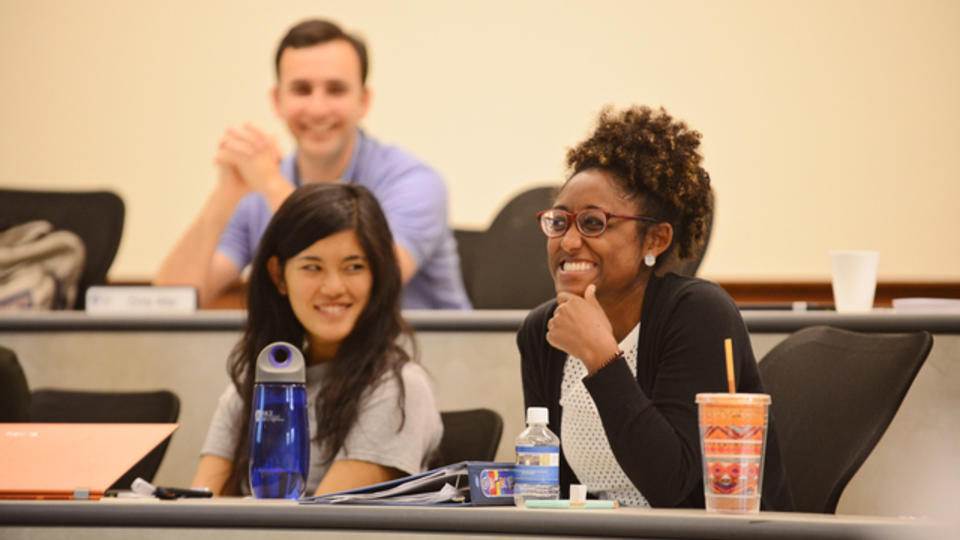
New program at Rice University to educate corporate leaders on innovation
Executive Education at Rice University's Jones Graduate School of Business, which creates peer-based learning and professional programs for business leaders, has created a new program called Corporate Innovation.
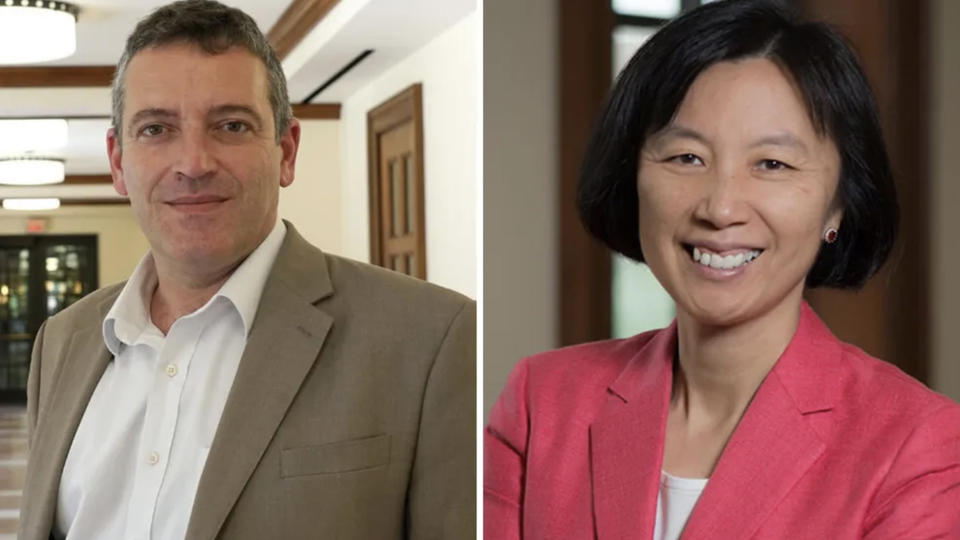
Want a boss who keeps things interesting? Don’t work for a CEO named Jim, Bob, or Bill
Want unconventional leadership? Work for a CEO with a wild name, says a new study co-authored by Yan Anthea Zhang, the Fayez Sarofim Vanguard Professor of Strategy. Researchers found that companies helmed by Elons and Vitaliks have more distinctive strategies than other companies.

True Colors
How to be a good friend to your Black colleagues during traumatic times.


How to be a good friend to your Black colleagues during traumatic times
By Toddre' Monier
From 2015 to 2017, I worked for a high-profile startup in Marina del Rey, Calif., that prided itself on its social justice credentials. During those two years, Freddie Gray was killed by police in Baltimore. Alton Sterling was killed in Baton Rouge. Texas jurors refused to indict jail staff for Sandra Bland’s death and a police officer shot Philando Castile seven times in Minneapolis. It seemed as if the news reported the killings of unarmed Black women and men daily. But in my workplace, there was silence.
Every morning, I dragged myself out of bed, stuffed down the sadness and wondered if another lynching would be broadcast that day. Once in the office, I felt asphyxiated by a cloud of grief. Sometimes I’d discreetly head to the bathroom, lock the stall and cry. I wish our company had even once talked directly about the events traumatizing Black employees like me — and offered guidance to our coworkers on how to be a good workmate and friend. What could the company and my coworkers have said? The more advice you read, the more confused you may end up. It’s not simple.
Four hundred years of PTSD will not be undone with benevolence. We cannot heal from trauma until it ceases. But there’s a lot you can do to intercept it on behalf of your Black coworkers. The first step is simplest: Take action. Learn, vote, consider affiliating with a social justice group that can guide you through the issues. But what about the second step — supporting the people you see daily? How can you be a good friend to workmates doing everything they can to manage their grief while getting their jobs done?
To be Black in America, it’s been said, is to be African without memory and American without privilege. In particular, in many workplaces, African Americans are in a constant state of liminality — permanently suspended betwixt two cultural worlds. Former Rice Business professor Otilia Obodaru described the discomfort of this state in a paper, “Between and Betwixt Identities: Liminal Experience In Contemporary Careers.” Guiding figures and mentors can alleviate this stress of this ambiguous state, she noted. So can ride-or-die work friends. Unlike other peers, work friends have power to address structural and personal racism at the same time.
Politeness As A Survival Skill
While it may not always be obvious, African Americans constantly bend over backward to tame our Blackness to appear more “professional.” The effort can make the most mundane workdays grueling. Take everyday speech: While most of Black professionals would never use African American Vernacular English at work, we hear our white colleagues drop Black colloquialisms and be deemed “cool.” Most of us have heard or suffered disparagement or worse about Black hair worn naturally. So we subject our hair to harmful straightening treatments, wigs and weaves. Black colleagues, too, know from experience that if two or more of them congregate at the water cooler, some white coworkers will become extremely uncomfortable. So we keep our distance, sometimes not even acknowledging one another.
This workplace loneliness is sharpened by a racialized form of politeness many of us learned explicitly at home as a survival skill. Today, it’s part of modern interracial friendships that might seem to be intimate and relaxed. As Maryland opera singer Zyda Culpepper put it in this gentle, anguished video: “For a long time, I have been conditioned to believe that it is important not to make white people uncomfortable. Especially those who were white liberals or white progressives. … And so for years I held my tongue if I experienced a microagression.” Now, like many other Black people, Culpepper has resolved to speak up — even with good friends and our friendly colleagues. To be a true friend, take a deep breath — and listen.
But the truth is, there are no easy answers. Resources telling how to behave within a moment we’ve never experienced before are conflicting. Chad Sanders, for example, wrote in the New York Times that he doesn’t need non-Black friends to send “love” texts. He’d rather you fight anti-Blackness amongst yourselves. To avoid being drained of his time and energy, he avoids communicating with his well-meaning non-Black friends altogether.
My sister April sees it differently. She works in retail and is often the only Black person within her professional and social circles. Among friends, she says, her feelings are dismissed, making her liminality particularly acute. Her knee-jerk reaction is to act as if everything is fine. But what she wishes, she told me, is for coworkers to ask her how she is doing and if her family is OK. While this is the opposite of what Sanders’ New York Times piece advises, it resonates for me too.
One thing Sanders absolutely hit the mark on, however: Don’t make it about you. My friend works in the public transportation sector, where employees are not permitted to discuss current events at the office. But he does hang out with a couple of non-Black colleagues outside work and says he’s glad to talk about politics with them. “Just be respectful!” he advises. Most importantly, he says, listen carefully, and think first about what you say. Saying, “I wish my great-grandfather hadn’t owned slaves,” comes off more about your feelings than those of your listener.
Show Warmth – And Real Professional Support
Looking back on my experience in California, how would I have suggested my non-Black colleagues behave? In addition to kindness, would I have wanted them to broach the subject of police brutality at work? Honestly, no. To ask me about such a delicate subject would undo the glue of my mask and send its glitter scattering into shallow air.
Instead, I would have wanted them to show warmth and active professional support during the workday. While I don’t want to talk about the trauma of watching a murder in a staff meeting, I would’ve appreciated an after-work call or email, admitting ignorance about the perfect thing to say, and asking honest questions about how I’m doing.
Above all I would have wanted my company leadership to acknowledge the public tragedies wounding their own Black workers every day — and to foster a culture where friends knew how to support each other, or could learn how.
In most ways, being a good friend to your Black colleague during a time of trauma is no different than being a good friend, period. Even so, technology, scholarship and a changing national culture have shown many Americans not only the effects of structural racism — but of the racial aggressions that take place even between people who genuinely care about each other. From my own experience, as a high performer in a workplace where I was often weeping inside, I can tell you that if you work to be a reliable friend, and you listen actively even when you hear things that surprise you, your Black colleague will feel your genuineness. We are all learning what to say and how to behave in the new America attempting to rise from the ashes.
How To Be A Good Friend
So, how can you be a good friend to your Black colleague(s) during this unprecedented moment? As a Black woman who has worked in corporate and government spaces for over 20 years, from coast to coast, I offer these suggestions:
- Share a kind word, genuine smile and greeting. Warmth goes a long way.
- When you make a kitchen run for snacks and beverages, ask us if we’d like something too. Food and drink bond people and show love.
- When you hear someone make an inappropriate or inaccurate statement about your Black coworker, speak up. It’s what any friend would do. But for a Black colleague the practical results can be momentous.
- Invite us to lunch or share food from home.
- Give us the inside scoop on what’s happening in the company especially when it has the potential to affect our careers.
- Encourage us to apply for open positions we would be perfect for.
- Embolden us to take advantage of company sponsored mental health benefits.
- Pick up the slack when you see that we are overwhelmed with responsibility and/or grief.
- Send funny memes for a good laugh.
- Give us space when we need it.
- Commit to becoming a lifelong learner about the pernicious effects and causes of racism.
Toddre' Monier is a multi-hyphenate creative and freelance contributor to Rice Business Wisdom. You can discover more about her at https://beautyisuniversal.com/
A version of this article appeared in the Houston Chronicle.
Never Miss A Story
You May Also Like
Keep Exploring
Unlocking Us with Brené Brown: Brené with Scott Sonenshein on Stretching and Chasing on Apple Podcasts
In this episode, researcher and professor Dr. Scott Sonenshein and Brené Brown talk about the art and science of being scrappy, why outsiders are sometimes better than experts, and why comparison is truly the thief of joy.
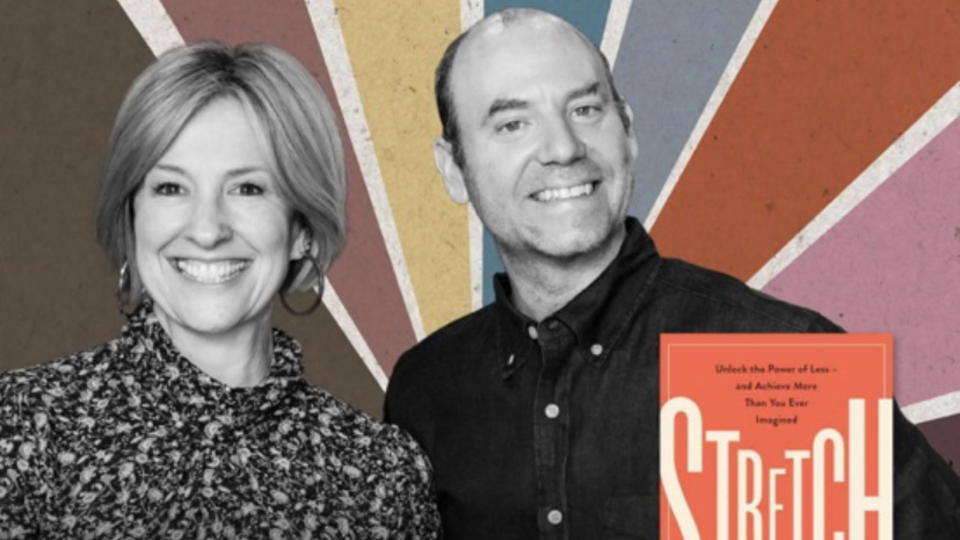
Zero Pressure
Why investors are attracted to the number zero.


Based on research by Ajay Kalra, Xiao Liu and Wei Zhang
Why Investors Are Attracted To The Number Zero
- When picking a retirement fund, investors gravitate toward funds ending in the number zero over those ending in the number five.
- Because of this tendency, some investors expose themselves to financial risk and loss of wealth.
- One-on-one financial planning meetings can soften this “zero bias.”
When the Dow Jones Industrial Average hit 18,000 a few years back, the nicely rounded number dominated the news. When teens take the SAT, those who just miss scoring a round number are more likely to seek a do-over. And, research shows, major league baseball players are four times more likely to end their seasons with a .300 batting average than a .299.
There’s something irresistible about figures ending in zero. But does that extend to our decision-making? Does our instinctive love for round numbers affect our financial plans?
The answer is yes, says Rice Business professor Ajay Kalra. Along with Xiao Liu of NYU Stern and Wei Zhang of Iowa State University, Kalra looked at data from thousands of investors in Target Retirement Funds (TRFs), which generally assume retirement at age 65 and ask employees to pick a fund with a year ending either in zero or five (e.g., 2040, 2045) that is nearest to their planned retirement date.
Investors whose birth year doesn’t already end in zero or five must round up or round down to choose their TRF.
The zeros clearly win investors’ hearts. Succumbing to what the researchers call “zero bias,” investors consistently choose to sink their retirement dollars into funds that end in zero, not five. For many of the investors Kalra and his team looked at, especially older people, men and those with higher incomes, this meant choosing a retirement age of 60 or 70 rather than the standard 65.
The choice was often costly. Many investors who rounded up or down to find a fund year ending in zero exposed themselves to real financial risk.
That’s because TRFs are graded portfolios — meaning they start out stock-heavy, move to a mix of stocks and bonds and finally emphasize bonds. Investors who rounded down for a too-young retirement target gave themselves less time to benefit from a stock-dominant portfolio. Investors who rounded up for a too-old retirement target ending in zero contributed less money to their retirement because they assumed they had more time to invest. Investors who rounded down did worse than those who rounded up.
Who is most susceptible to losing hard-earned retirement dollars this way? The researchers looked at people born from the 1950s through the 1980s. Of these investors, those born in years ending between three and seven selected the appropriate fund. The zero bias was prevalent in those born in years ending in eight or nine, who tended to project their retirement age as 60, and those born in years that ended in zero, one or two, who favored retiring at 70.
Overall, the researchers discovered, 34 percent of people born in years ending in eight or nine picked retirement funds that targeted too-early retirement — and ended up financially worse off. Meanwhile, 29 percent of investors born in years ending in the numbers zero, one or two picked later TRFs. With the exception of those who were risk averse, these investors ended up better off than those who chose too-early TRFs. Overall, however, investors who picked funds with mismatched retirement dates (that is, inconsistent with retirement at 65), saw more losses than gains.
The infatuation with zero held up even when the researchers replicated their study in an experimental setting. So they tried something different: They presented participants with math problems to coax a “calculative mindset.” It worked. Rather than gravitating to zeros, these investors chose retirement funds that matched their ages. Straight talk in the form of a 30-minute one-on-one financial planning session helped too. At least some investors who got this counseling made better choices.
Rounding up or down to zero can be a nice mental shortcut when stakes are low and time is short. There are good reasons, for example, to go for the zero in calculating sales tax when you’re buying a book, or tallying how many party guests want cake.
But when it comes to life savings, instinct-based math can be trouble. Financial firms should be aware of this and discourage preference for the shiny number zero. Advisors should nudge clients toward funds that will truly enhance earnings. Most important, however, investors themselves need to keep their heads, think of the future and resist the allure of round numbers.
Ajay Kalra is a professor of marketing at Jones Graduate School of Business at Rice University.
To learn more, please see: Kalra, A., Liu, X. & Zhang, W. (2020). The zero bias in target retirement fund choice. Journal of Consumer Research (forthcoming).
Never Miss A Story
You May Also Like
Keep Exploring
CEOs with uncommon names tend to implement unconventional strategies
If you’re looking for an unconventional approach to doing business, select a CEO with an uncommon name, according to new research co-authored by an expert at Rice University’s Jones Graduate School of Business.


If you’re looking for an unconventional approach to doing business, select a CEO with an uncommon name, according to new research co-authored by an expert at Rice University’s Jones Graduate School of Business.
“Using 19 years of data on 1,172 public firms, we show that firms’ distinctive strategies are systematically linked to their CEOs’ uncommon names,” wrote co-authors Yan Anthea Zhang, the Fayez Sarofim Vanguard Professor of Strategy at the Jones School, and Yungu Kang and David H. Zhu of Arizona State University’s W.P. Carey School of Business.
Past studies have examined how organizational outcomes are associated with leadership personalities, values, experiences and demographic characteristics, but not CEO’s names — “one of the most fundamental attributes,” the authors argue. A person’s name influences their behavior, cognition and sense of self, according to the paper.
Studies suggest that individuals with uncommon names tend to have a self-conception of being different from their peers.
“Although many people may not have the confidence to exhibit how unique they believe themselves to be, CEOs do — they are generally confident individuals,” they wrote.
CEOs who have uncommon names are motivated to differentiate themselves from other CEOs, they argue, which influences strategic distinctiveness, or the degree that a business’ strategy differs from industry peers.
“This is consistent with findings from psychological research that successful professionals who have uncommon names tend to view themselves as more special, unique, interesting and creative,” they wrote.
Developing and implementing unique business strategies is “critical for firms to obtain competitive advantage and achieve superior performance,” according to the authors. They argue that CEOs with uncommon names tend to adopt strategies that deviate from the industry norm, leading to distinctive strategies.
“Our findings can help all stakeholders to better understand and predict a CEO’s strategic decisions, they wrote. “Because CEOs with uncommon names tend to pursue distinctive strategies, boards that seek to enhance the distinctiveness of their firms’ strategies may want to hire CEOs with uncommon names.”
“Other top executives, middle-level managers and employees can also expect a higher likelihood of implementing distinctive strategies when their CEOs have more uncommon names,” the authors continued. “Competitors can expect a firm to engage in unusual competitive moves when the CEO has an uncommon name.”
Featured Faculty:
Impact 50: Investors Seeking Profit—And Pushing For Change
Alum and adjunct professor, Robyn O'Brien is named one of the nation's most influential impact investors as cofounder of rePlant Capital. She is also known as an advocate for the food industry as cofounder and CEO of Do Good and author of The Unhealthy Truth.
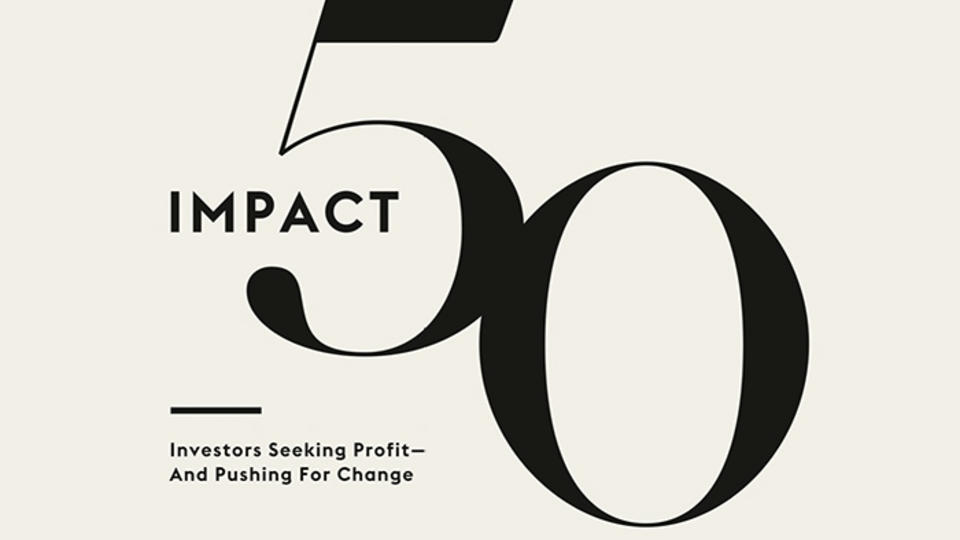
Navigating The MBA Application Process and My Journey to Rice’s MBA Program
Isha Ratanji (Rice, ‘21) shares her MBA application journey, what she learned from the experience, and her advice to MBA applicants with MBASchooled.
